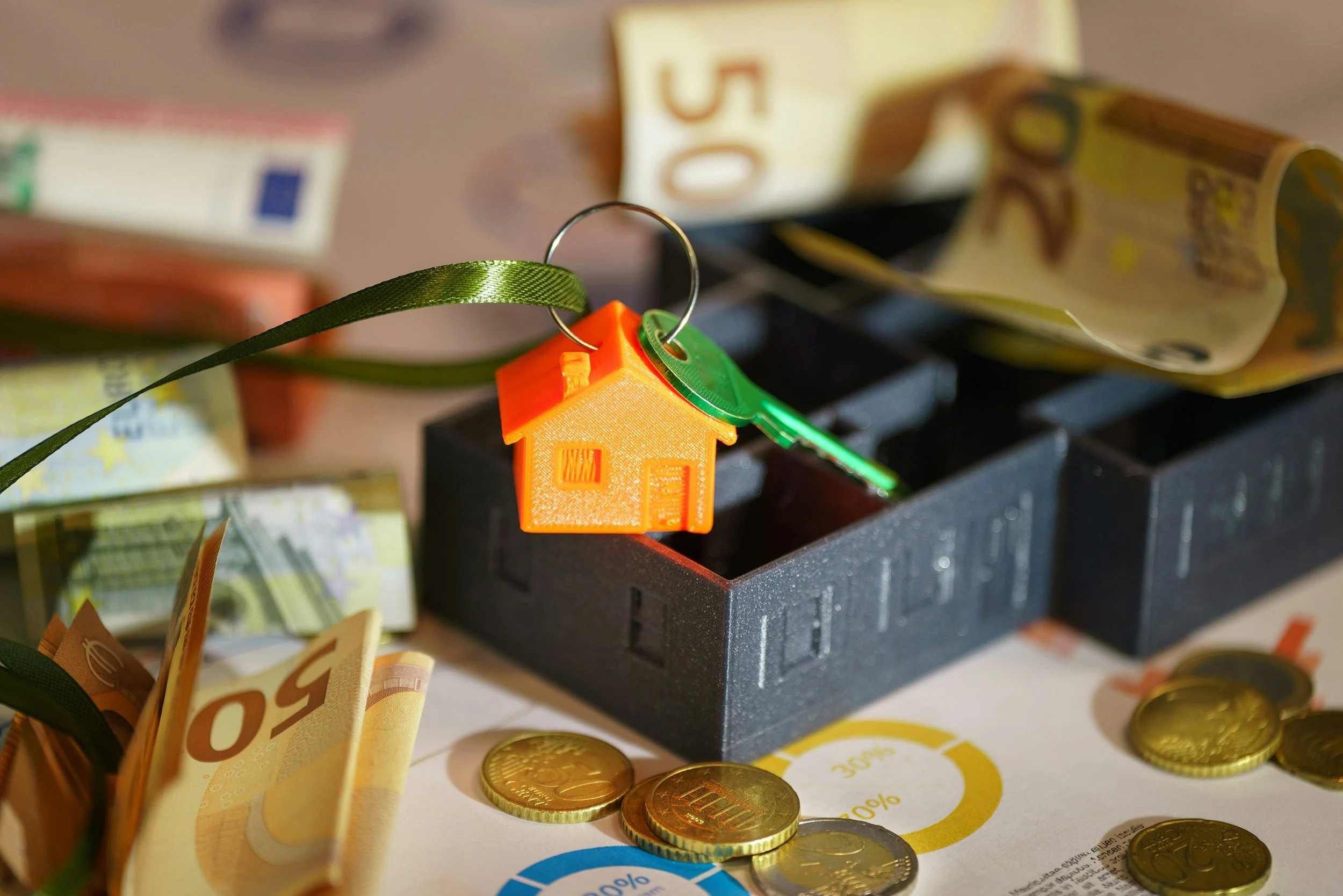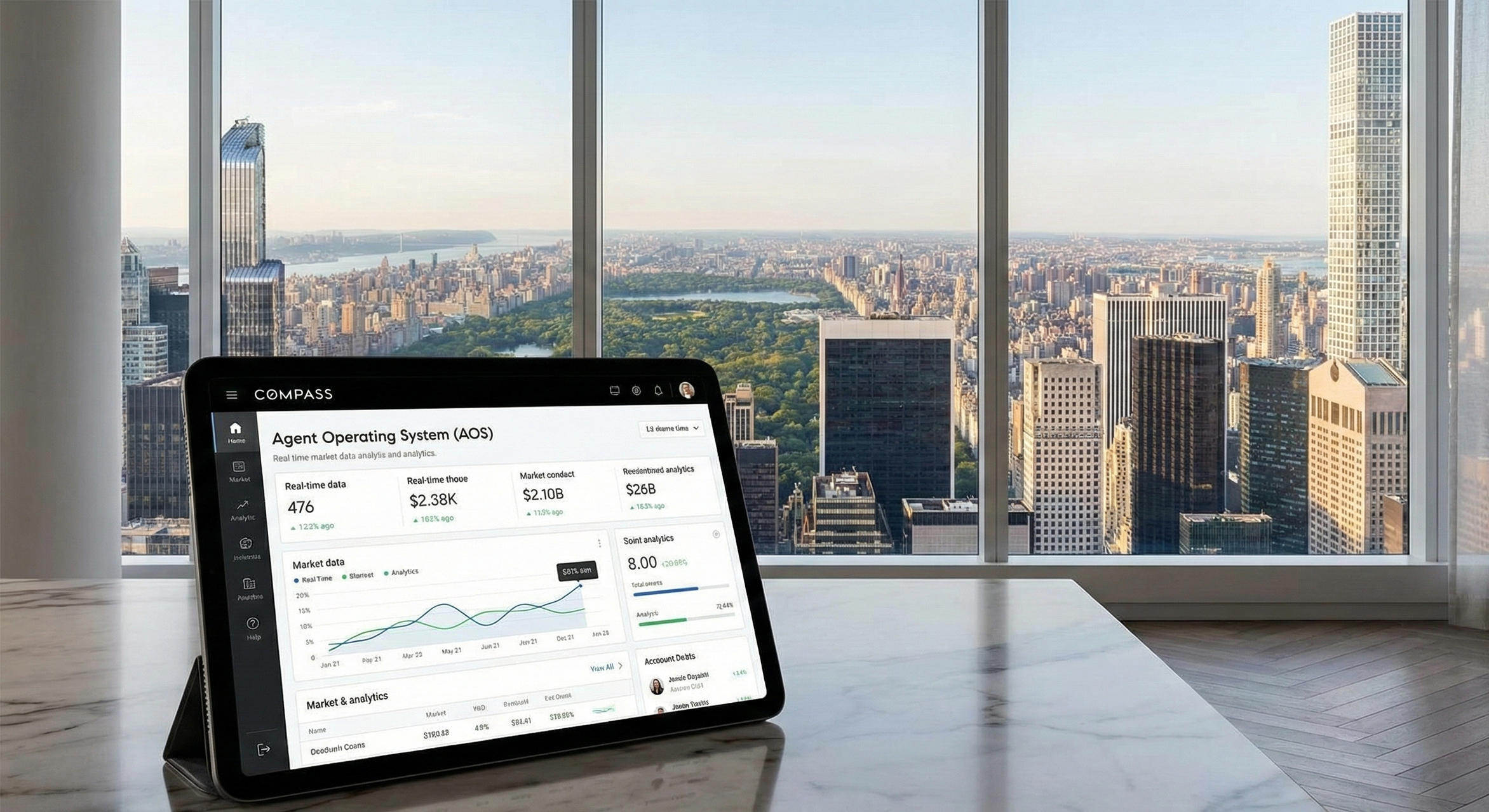The landscape of American real estate has shifted. In a move that signals a new epoch for the industry, the Compass Anywhere merger has officially finalized. This is not merely a corporate consolidation; it is the birth of a global titan—Compass International Holdings.
As a broker at Compass in New York City, I have watched our firm redefine the luxury market through superior technology. Now, with the official Anywhere Real Estate acquisition, we have created a brokerage behemoth that is unprecedented in its scale and sophistication.
A New Benchmark: The Largest Real Estate Brokerage in the US
The numbers associated with this merger are staggering. The newly formed entity encompasses approximately 340,000 real estate professionals operating across every major U.S. city and 120 countries.
This Compass real estate expansion represents more than just a large network; it is a market-dominant force. In many states, this combined entity now accounts for 50% or more of all brokerage activity, making it arguably the largest real estate brokerage by both volume and agent count. For my clients in New York City, this means unparalleled exposure. Whether you are selling a penthouse on Central Park West or a villa in the South of France, your property is now supported by the most expansive and data-rich referral network in the world.
Reclaiming the Consumer Experience from Portals
For years, the industry has debated the influence of third-party portals. The Robert Reffkin Compass Anywhere merger vision changes the conversation entirely. By integrating the proprietary Compass Agent Operating System (AOS) with the massive global footprint of legacy brands like Sotheby’s and Corcoran, we are reclaiming the consumer experience.
This "brokerage-led" model ensures that the relationship remains between the client and the professional. With an estimated 1.2 million transactions annually, the depth of our proprietary market data allows us to price, market, and close properties with a level of precision that smaller firms simply cannot match.
The Compass Agent Operating System (AOS), empowering luxury real estate professionals with real-time data.
Addressing the Real Estate Industry Consolidation Impact
Scale often comes at the cost of soul, but the transition to Compass International Holdings prioritizes agent independence. Under the "No Mandate Pledge," affiliate brands will maintain their unique identities and data policies.
For the luxury sector, this is vital. The bespoke service of a boutique firm remains intact, now fortified by a $10 billion enterprise value. We are preserving the high-touch, artisanal approach to real estate while layering it with the efficiency of a global tech giant.
What This Means for You
In a market where information is the ultimate currency, this merger ensures my clients are always the most informed people in the room. We have moved beyond the era of the traditional brokerage. We are now part of a premier residential platform that defines the future of how luxury real estate is bought and sold.
Are you curious about how this global network can maximize the value of your New York City property? Reach out today for a confidential consultation and a modern market analysis of your home.































